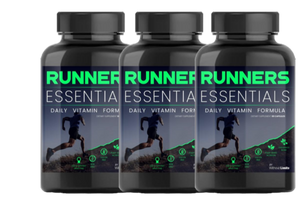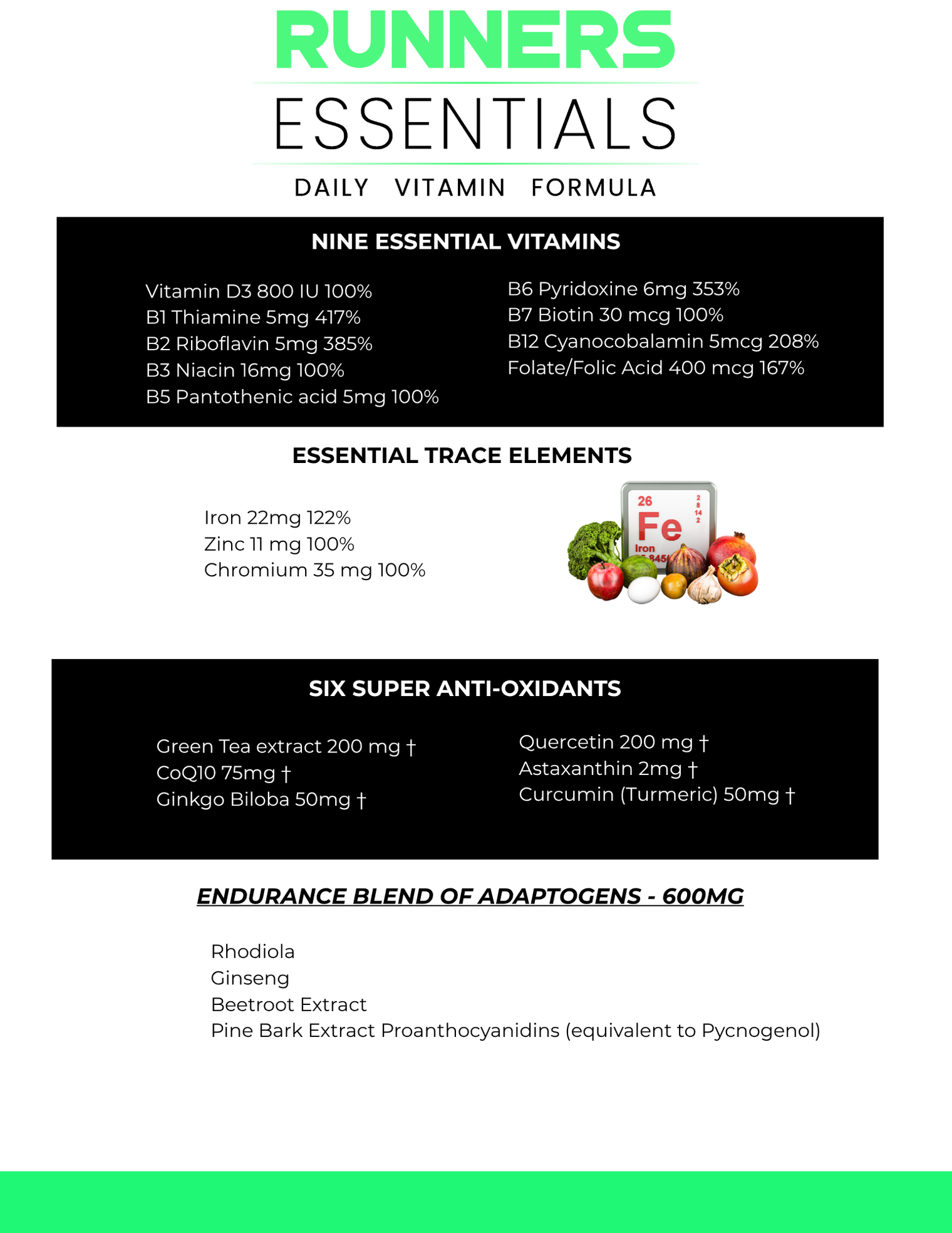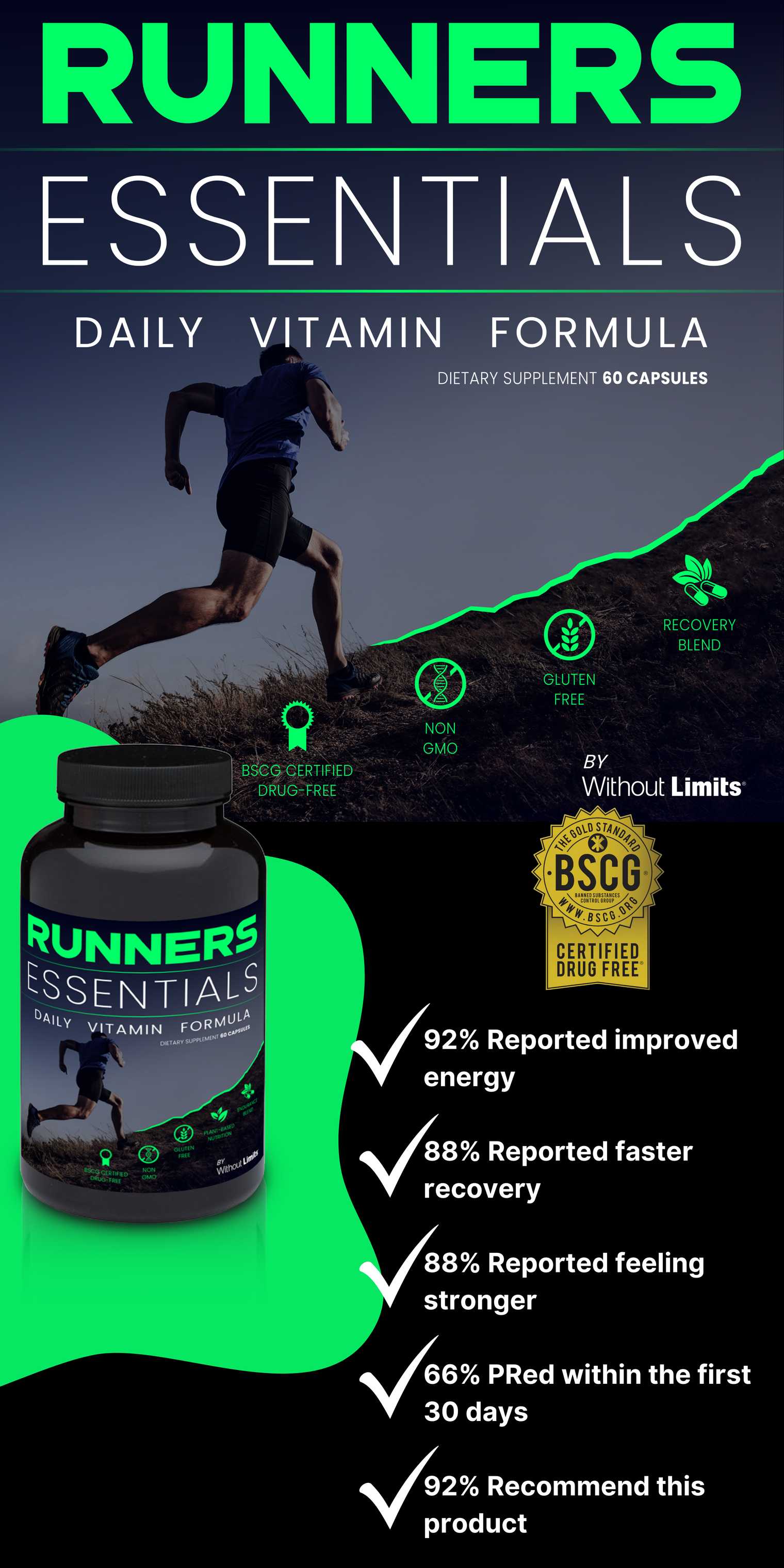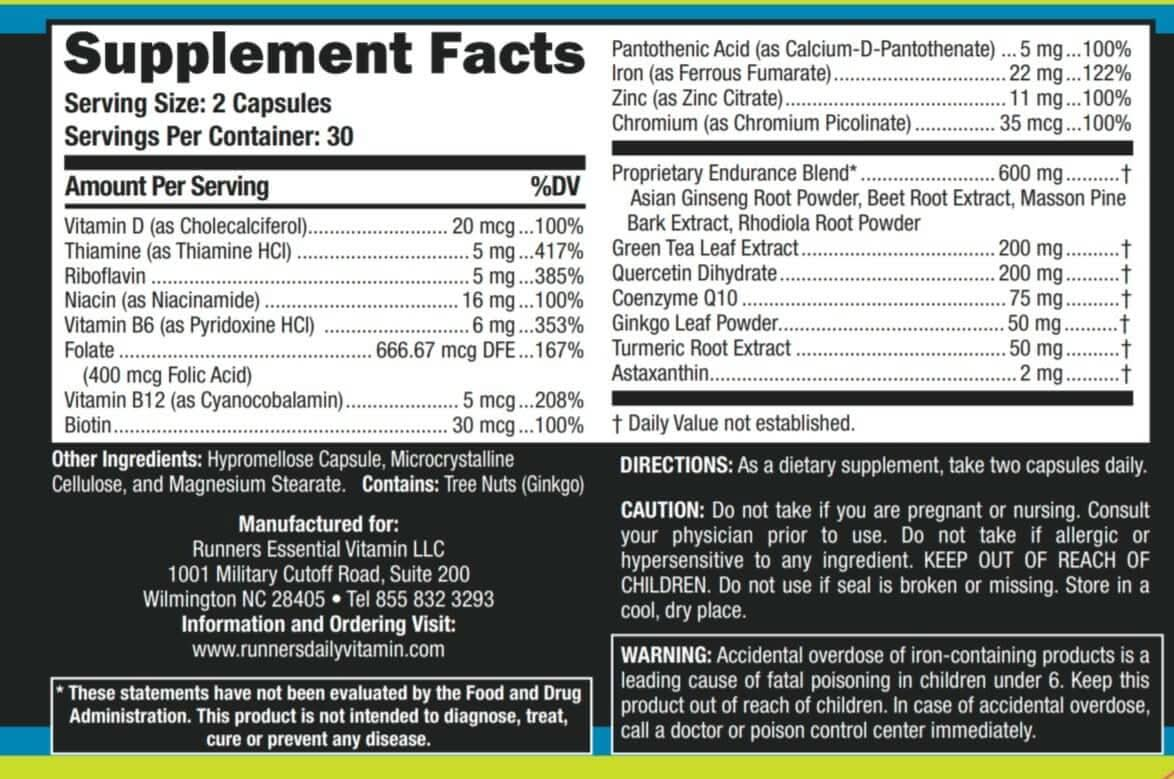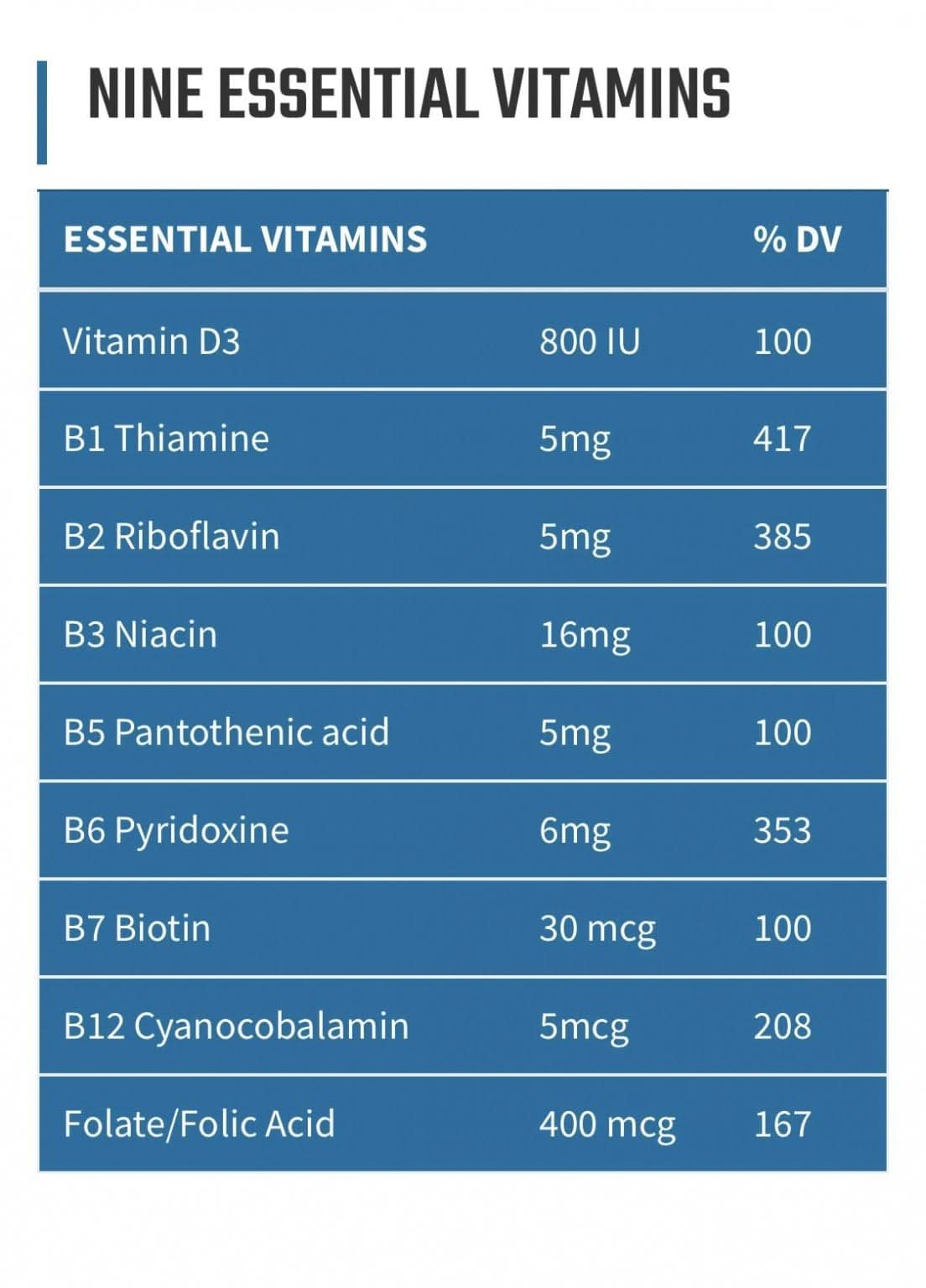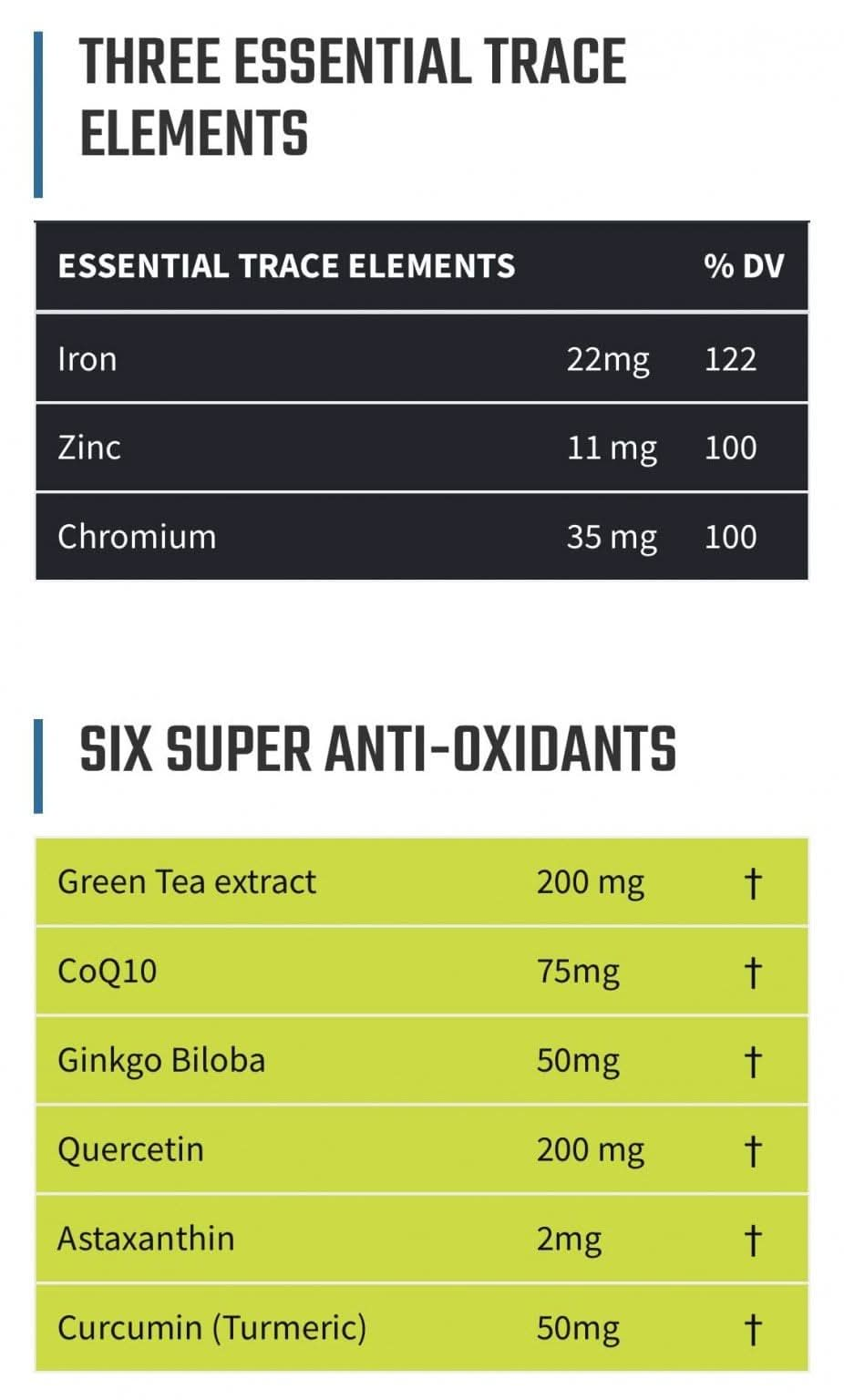Along with protein and fat, carbohydrates are macronutrients (nutrients the body requires in larger quantities) and your main source of energy, according to the Mayo Clinic. During digestion, carbs get converted into sugar (glucose) and shuttled to your body’s cells for energy. Extra glucose is then saved to your liver and muscles as fuel for later (street name: glycogen) or stored as fat.
Between carb loading (stocking up on carbs before a high-endurance event), carb cycling (oscillating between lower- and higher-carb days) and carb backloading (shifting the majority of your intake to the end of the day), there’s no shortage of carb-themed dietary strategies to try to best use this fuel.
It’s thought that timing your carb intake in these ways can spur health goals, like losing weight or fat, building muscle and endurance, and stabilizing blood sugar ― but how effective are they, really?
Because the research on carb timing so far has been, well, sketchy, we went to the experts for dirt on how, exactly, to use the available intel to your advantage.
Why Carb Timing Has Become So Popular
The idea behind timing carb intake is to fuel your body at the best possible times in order to hit specific health, fitness and nutrition milestones (say, body composition goals or athletic achievements).
“Those who practice partitioning of their meals theorize that by timing their nutrients, they can guide the way the body uses these resources,” said Niket Sonpal, New York-based gastroenterologist and professor at Touro College of Osteopathic Medicine. In other words, when you eat carbs may influence whether they’re used as energy or stored as fat.
“While research shows significant purpose in timing protein before and after a workout, the body of scientific studies on the topic is divided when it comes to carbs.” - DR. NIKET SONPAL
The two carb-timing practices that have gained traction in recent years are carb cycling and carb backloading.
Cycling involves eating more carbs on days you do longer, more intense workouts (to optimize energy and improve results), then going lower-carb on less active days (in the hopes that fat instead of glycogen will be used as the body’s primary fuel source).
Backloading requires you to shift most of your carb intake, as well as your workout, to the end of the day. Fans of this timing strategy believe the benefits are twofold: lowering your carb intake during the day means your body will have to use fat stores for energy (a la keto), while replenishing carbs following your nighttime workout increases the likelihood your body will restock them in the energy aisle instead of the fat department.
The Problem? Research On Carb Timing Is All Over The Map
The timing of macronutrients can influence what the body does with them, but not all experts agree on the exact timing and pathways.
“While research shows significant purpose in timing protein before and after a workout, the body of scientific studies on the topic is divided when it comes to carbs,” Sonpal told HuffPost.
Much of this has to do with the fact that studies so far have been based on shaky variables, such as small sample sizes, short-term experiments and self-reported carb intakes. “These variables decrease the power of the studies by leading to more biases and increasing the margin of error,” said L.J. Amaral, clinical and research dietitian at Cedars-Sinai Hospital in Los Angeles.

Plus, we all react to carbs differently, skewing the data even more ― some people may feel better with a higher-carb breakfast, while others may feel instantly tired. Some might sleep better after having carbs at dinner; others might get an energy boost.
“The fact that the effects can’t be replicated is a big problem for validity,” said Mark Hyman, director of the Cleveland Clinic Center for Functional Medicine and author of “Food: What the Heck Should I Eat?”
To top it off, carb-timing studies often look only at seasoned bodybuilders or endurance athletes, which doesn’t necessarily translate to the average person trying to dial in their own nutrition and exercise plan, Hyman said.
There Are A Few Things Experts Can Agree On
Experts agree that the quality of carbs you eat is an important part of reaching your specific health and nutrition goals ― regardless of whether you decide to give carb timing a whirl.
This means more complex carbs like quinoa, brown rice, whole-grain pasta, sweet potatoes, fruits and veggies, and less white rice, flour, pasta and sugar.
Amount matters, too: You can time your carb intake, yet still gain weight if the amount of carbs you’re eating is out of proportion to your energy requirements. Once your cells, liver and muscles are all stocked up on glycogen, what’s left over will mosey its way into fat storage, Amaral said.
The one form of carb timing that most experts agree with is fueling your body with carbs before and after workouts. (The only caveat is if you work out for less than an hour at a time, then what you eat throughout the day should be enough to see you through your workouts, according to the Mayo Clinic).
“In sports nutrition, it’s recommended that people consume a rapid-acting carb about an hour or more prior to exercise,” Amaral said. (The idea being they’ll provide quick-burning energy to avoid glycogen breakdown and preserve muscle, Hyman said.) Think: a banana or apple, a piece of whole-grain bread or yogurt.
“It comes down to your individual body, and experimenting to see what feels best for you and helps you meet your unique goals.”
- MARK HYMAN, DIRECTOR OF THE CLEVELAND CLINIC CENTER FOR FUNCTIONAL MEDICINE
Post-exercise, it’s important to have both a protein and a carb to replenish the stores that were just expended ― Greek yogurt with granola, a smoothie with whey protein and fruits, almond butter and chia seeds on whole-grain bread.
This helps your muscles replenish the energy stores that were used up during the workout, as well as rebuild and repair them, thanks to the protein and amino acids.
Steady carb intake is also super important for people with Type 1 diabetes and those who are prone to hypoglycemia. It requires a different approach compared with someone trying to lose weight or build muscle, though, since the goal is to keep a steady blood glucose level for their mood, cognition and physical function, rather to change body composition, Hyman said.
What All Of This Means For You
When deciding whether timing your carb intake is right for you, defining your health goals is a good place to start, Amaral said. Do you want to lose weight? Build muscle? Train for a 5K?
If your goals aren’t that lofty or you’re not super active, then it might be best to focus on the quality and amount of carbs that you eat instead.
It’s also important to take note of how your body reacts to carbs. Do you metabolize them well or do they make you feel sluggish? Is low blood sugar a problem for you? In that case, it might be best to spread out your carb intake in smaller quantities throughout the day.
But if you do have big health and nutrition goals you’d like to tackle or are already a fitness aficionado, timing your carb intake may be worth trying. If you’re a carb fiend, you might use carb cycling as a way to rein in your intake. If you already work out at night anyway, carb backloading might help you reach your fitness goals more efficiently.
“It comes down to your individual body, and experimenting to see what feels best for you and helps you meet your unique goals,” Hyman said.
And if you have certain conditions, such as diabetes, anemia, inflammatory bowel disease or another condition that can affect your nutrition, Sonpal recommends consulting with your doctor before making big changes to your diet.
The moral? Until there’s cohesive data to form exact recommendations for the general public, it’s more important for the average person to focus on the quality and amount of carbs being eaten, rather than the timing of them.
